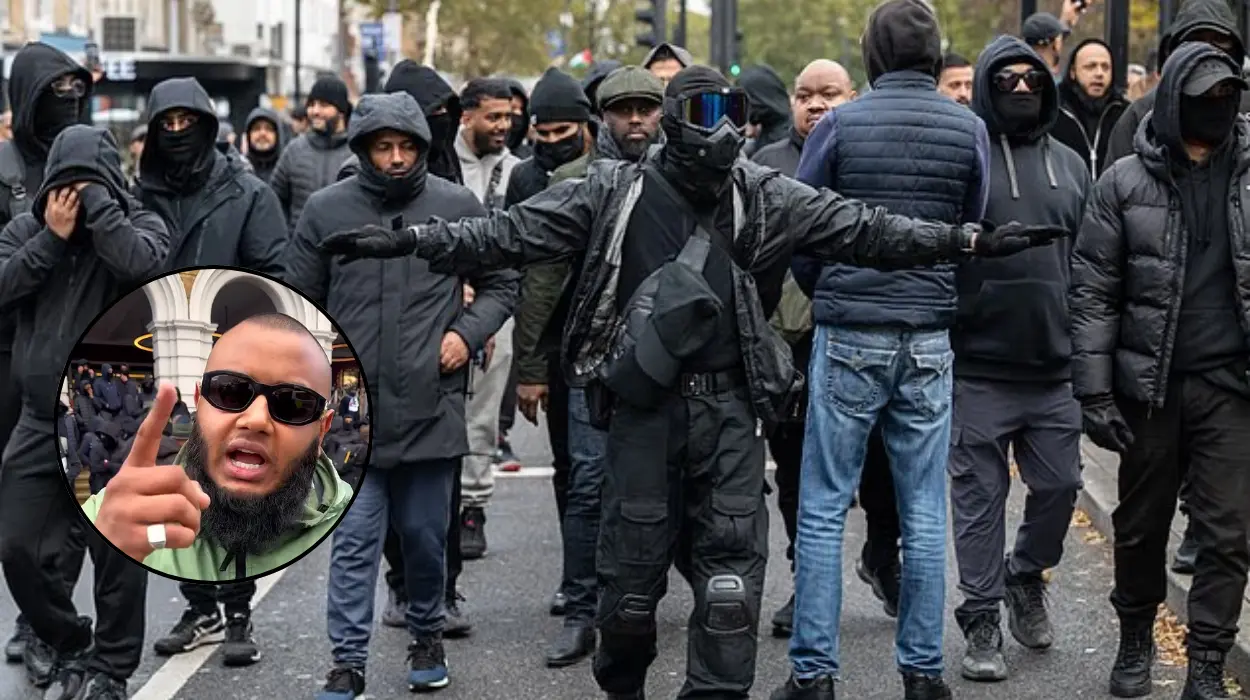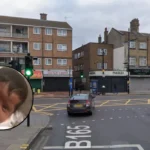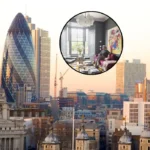Key Points
- UK Independence Party (UKIP) was banned from holding a protest in Tower Hamlets due to concerns over serious disorder.
- Counter-protest organised by local Muslim youths, some masked and waving Bangladesh and Palestine flags, took place in Whitechapel, Tower Hamlets.
- Businessman nicknamed ‘Big Fish’ appeared on stage at the counter-protest alongside masked protesters and encouraged buying balaclavas for anonymity.
- Tower Hamlets Mayor Lutfur Rahman expressed support for the counter-protest, warning against the far right and promoting community unity and diversity.
- Metropolitan Police imposed Public Order Act conditions to ban the UKIP protest in Tower Hamlets, relocating UKIP’s march to central London.
- Campaign Against Antisemitism criticised the Police for allowing masked extremist groups to march while banning UKIP.
- Local residents expressed concerns about masked men and the potential for intimidation in the community.
- The Metropolitan Police reported one arrest for possession of an offensive weapon during the events but no other major incidents.
What happened at the anti-UKIP counter-protest in Tower Hamlets?
As reported by The Daily Mail, a businessman known as ‘Big Fish’ or ‘Trendz’ took a prominent role at an anti-UKIP demonstration in Tower Hamlets, east London. He appeared on stage alongside masked Muslim youths rallying crowds to “stand firm” against UKIP protesters, who had been banned from marching in the area by the Metropolitan Police due to concerns of serious disorder.
- Key Points
- What happened at the anti-UKIP counter-protest in Tower Hamlets?
- Why did the Metropolitan Police ban the UKIP protest in Tower Hamlets?
- What was Tower Hamlets mayor Lutfur Rahman’s role and stance?
- What controversies and concerns emerged from the counter-protest?
- How has Tower Hamlets Council responded to the events?
- What does the wider context reveal about UKIP and the local area?
‘Big Fish’ was filmed holding a megaphone and urging protesters to defend their community against what he described as a UKIP “crusade.” He also sold £5 balaclavas to protesters, encouraging them to cover their faces to avoid identification by police, saying: “No face, no case.” This statement drew criticism from local residents who worried about the implications of masked men in the streets urging confrontation.
As reported by Farrukh on X, the counter-protest was organised by Stand Up To Racism and other local groups, attracting hundreds of participants including many from the Bangladeshi community. Participants waved Bangladesh, Palestine, and Pakistani flags, with about 150 men dressed in black and wearing balaclavas. Speakers included notable figures such as former Labour leader Jeremy Corbyn and Tower Hamlets Mayor Lutfur Rahman.
Why did the Metropolitan Police ban the UKIP protest in Tower Hamlets?
According to several sources including the BBC and the Metropolitan Police news release, the UK Independence Party planned a “mass deportations tour” protest in Whitechapel, Tower Hamlets, an area with the UK’s highest proportion of Muslim residents. The event was branded by organisers as a “crusade” to “reclaim Whitechapel from the Islamists.”
Commander Nick John of the Metropolitan Police stated that there was a realistic prospect of serious disorder if the UKIP march went ahead in Tower Hamlets, prompting the imposition of Public Order Act conditions banning UKIP protests in the borough. The force warned that anyone breaching these conditions could face arrest.
UKIP responded angrily to the ban, accusing the police of “caving into the Islamists” and violating their democratic right to peaceful assembly. The party moved its planned march to central London instead, where conditions were imposed restricting the time of the protest.
What was Tower Hamlets mayor Lutfur Rahman’s role and stance?
Lutfur Rahman, a divisive figure previously banned from standing in elections for voting irregularities but re-elected mayor in 2022, publicly supported the anti-UKIP counter-protest. In a video posted on Instagram before the event, Rahman urged residents to demonstrate unity, diversity, and solidarity against the far right.
As quoted by The Daily Mail, Rahman said:
“The far right is coming to Tower Hamlets. Come out — let’s show our solidarity, our unity and our diversity.”
He acknowledged that the UKIP march would have caused “significant disruption and intimidation” in the local community and spread “fear and prejudice.”
Rahman’s support was echoed by ‘Big Fish,’ who posted videos embracing the mayor and inviting people to stand ground in Tower Hamlets, declaring the community would not tolerate UKIP’s message.
What controversies and concerns emerged from the counter-protest?
Local residents voiced apprehensions about the presence of masked men promoting balaclavas and the tone of potential intimidation on the streets. One resident told The Daily Mail that videos circulating with ‘Big Fish’ selling balaclavas and urging “no face, no case” created fear about rising violence.
Campaign Against Antisemitism sharply criticised the Metropolitan Police’s handling of the event. Their spokesperson accused the police of allowing extremist masked groups to march through Tower Hamlets while banning UKIP’s protest, describing policing as “two-tier” and jeopardising the safety of Jewish communities and all Londoners.
The Metropolitan Police responded, clarifying that the UKIP protest was not banned outright but conditions were imposed to prevent serious disorder and that similar measures have been used to protect Jewish areas. Police also noted there was one arrest for possession of an offensive weapon during Saturday’s events but no further major incidents.
How has Tower Hamlets Council responded to the events?
A spokesperson from Tower Hamlets Council said they welcomed the decision to move the UKIP march away from the borough, citing the potential for significant disruption. The council expressed pride in community cohesion and diversity, noting the borough as one of the fastest-growing and most densely populated in the UK with high rates of people getting along.
The council stated:
“Tower Hamlets is a leading example of a world city where people from all backgrounds live in harmony,”
reaffirming their commitment to championing cohesion and diversity while managing ethnic and religious tensions sensitively.
What does the wider context reveal about UKIP and the local area?
UKIP, formerly led by Nigel Farage, is known for its anti-immigration and populist stances, increasingly associating itself with Islamophobic rhetoric. The planned Tower Hamlets march was part of a broader “mass deportations tour,” which has been controversial across cities in the UK.
Meanwhile, Tower Hamlets is known for its large Bangladeshi-Muslim population and diverse communities. The borough has seen rising tensions over migration and far-right activism, prompting council motions to resist far-right agitators and preserve community harmony.
The banned UKIP protest in the Tower Hamlets borough, combined with a counter-protest supported by Mayor Lutfur Rahman and led in part by businessman ‘Big Fish,’ brought to light complex tensions between far-right political activism and local Muslim communities. While the police aimed to prevent serious disorder by relocating the UKIP march and managing counter-protests, concerns about masked demonstrators and community intimidation remain. The case continues to generate debate on policing fairness, community safety, and the balance of democratic rights in a diverse London borough.



